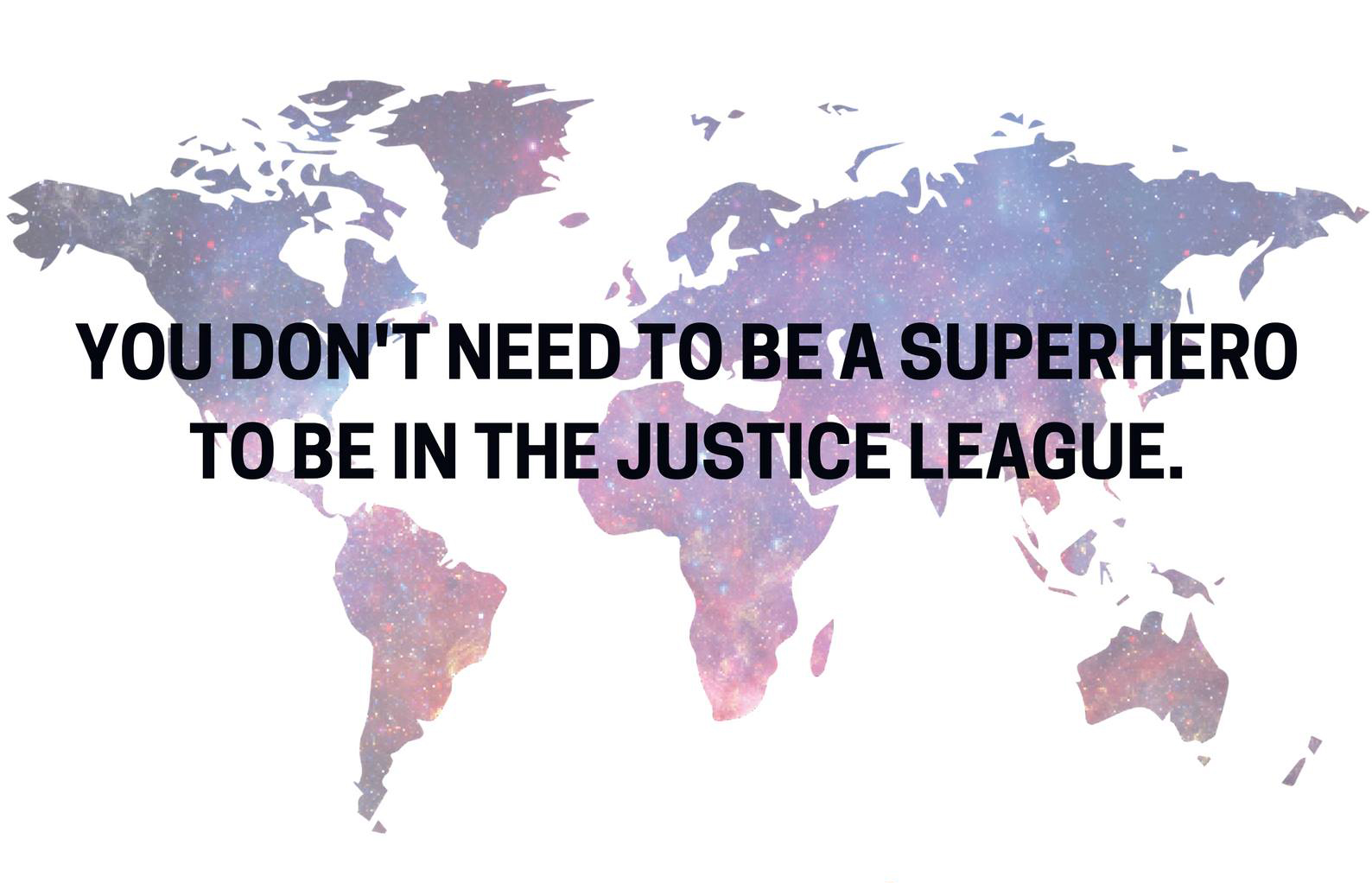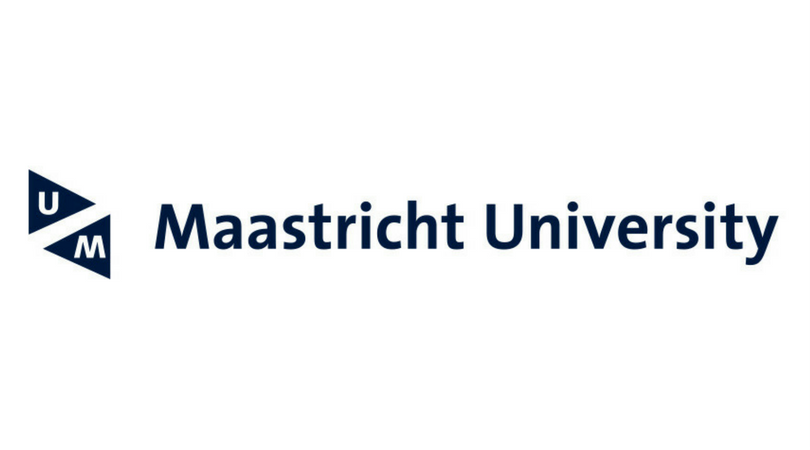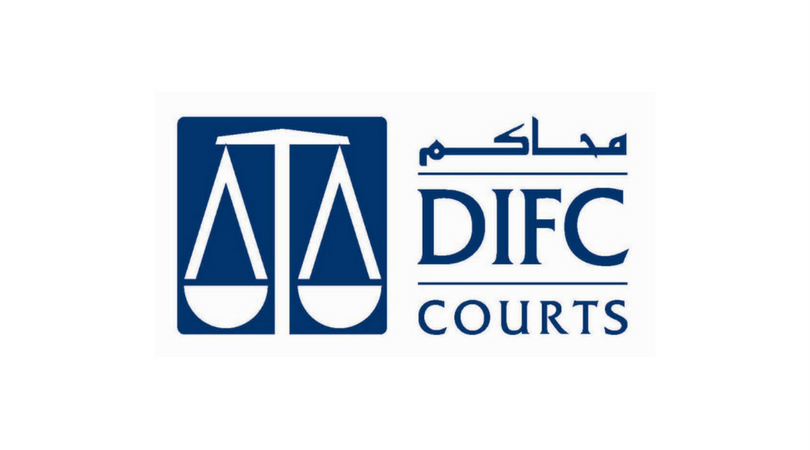Rethinking Justice Hackathon
Deze tekst is alleen beschikbaar in het Engels
Making the world a better place is easier said than done. Ours is a shared world: citizens, businesses, states and institutions all face the same risks and challenges, and so there is a constant need for society to innovate – to find better ways of doing things. Ideally, this can be done in order to bring about more justice in the world.
What we mean by justice is simply more fairness, in the way in which citizens, civil society, businesses and public institutions interact with one another.
While thinking about broad theme has its advantages, we want to create a nurturing environment and mindset where someone with an idea can go ahead and do something about it. This is how the Rethinking Justice Hackathon came to life: students, staff and alumni from Maastricht University, as well as friends from the industry, coming together in a 24-hour hackathon to celebrate free thinking and enthusiastic doing.

Brightlands Smart Services Campus
The challenges

Data-driven justice
Using cutting-edge data science tech to maximize fairness, reduce criminality, and improve the delivery of justice.

E-commerce conflicts
Increasing the fairness of conflict resolution arising online between sellers and buyers on eBay.

Social justice
Rethinking opportunities and privileges in society by addressing people’s most pressing justice needs.

Courts of the future
Using technology in the courtrooms of the future, for justice that can serve the needs of future businesses.

Relevant links
Go to the Rethinking Justive website
Go to the IDS website
Follow IDS on Facebook
Follow IDS on Twitter
Lees ook
-
05 okt12:00 - 16:00
Weekend van de Wetenschap 2024 | Faculty of Science and Engineering
Ben jij slimmer dan een robot? Hoe koud is -200°C ongeveer? En hoe ziet een laboratorium er van binnen uit? Tijdens het Weekend van de Wetenschap vind je de antwoorden op deze vragen – en meer – bij de Faculty of Science and Engineering van de Universiteit Maastricht.